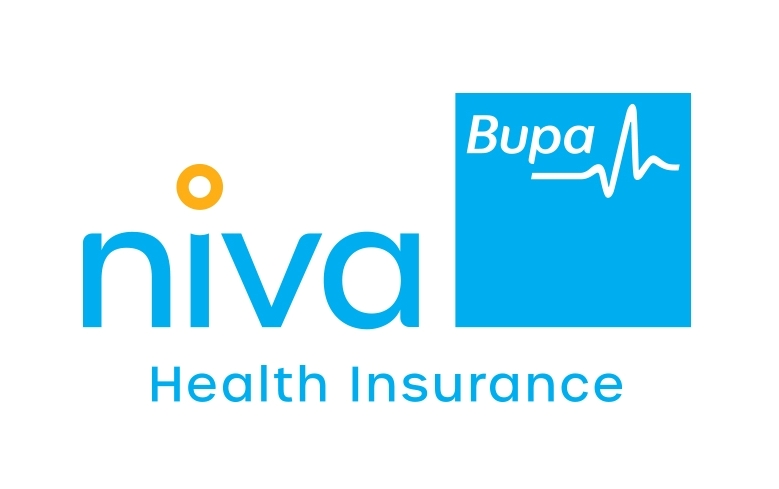The healthcare industry in India is experiencing a tumultuous period, with hospitals and insurers at odds over treatment tariffs and empanelment terms. Recently, the Association of Healthcare Providers of India (AHPI) advised its member hospitals to suspend cashless insurance services provided by Bajaj Allianz General Insurance, citing disagreements over hospital reimbursement rates. Although the issue has been temporarily resolved, similar disputes continue to arise, leaving policyholders caught in the middle.
Hospitals claim that insurers are pressuring them to reduce tariffs, which would compromise their ability to maintain quality and invest in technology. Insurers, on the other hand, argue that standardization of hospital tariffs is necessary to prevent overcharging and bring down medical inflation. They propose a common empanelment of healthcare providers, which would streamline hospital tariffs across insurance companies.
The General Insurance Council (GI Council) has criticized hospitals for attempting to derail the standardization process, while hospitals argue that insurers are trying to bully them into accepting unsustainable rates. Max Healthcare, one of the largest hospital chains in India, has temporarily suspended its cashless treatment facility with Niva Bupa Health Insurance due to ongoing tariff discussions.
Insurance industry representatives, such as Mayank Bathwal, CEO of Aditya Birla Health Insurance, argue that standardization would bring transparency and help reduce medical inflation, which is currently at 12-14%. They also point out that there is no apex body to regulate healthcare providers and raise complaints against hospitals.
However, hospital representatives counter that standardization oversimplifies healthcare delivery and could lead to a compromise in quality. They argue that a one-size-fits-all approach would discourage hospitals from innovating or investing in better patient care. Dr. Saroj Mandal, a cardiologist, suggests a graded approach, where hospitals with similar medical expertise, infrastructure, and technology could offer similar rates for treatments, ensuring transparency for patients.
The regulatory authority is being called upon to intervene and establish a framework for standardization and regulation of healthcare providers. The Indian Council of Medical Research (ICMR) has already established standard treatment protocols for various diseases, and insurers argue that a similar framework should be applied to hospital tariffs. The ongoing disputes between hospitals and insurers highlight the need for a regulator to ensure that policyholders receive cashless treatments without being caught in the crossfire of disagreements over tariffs and empanelment terms.

